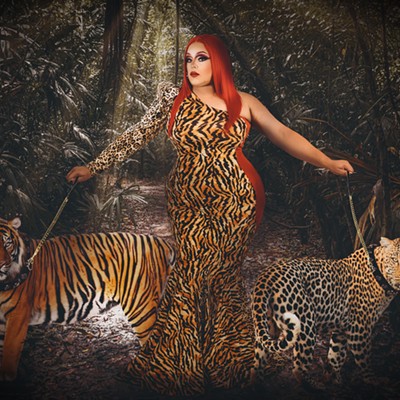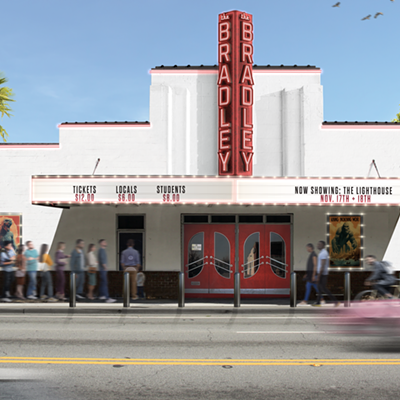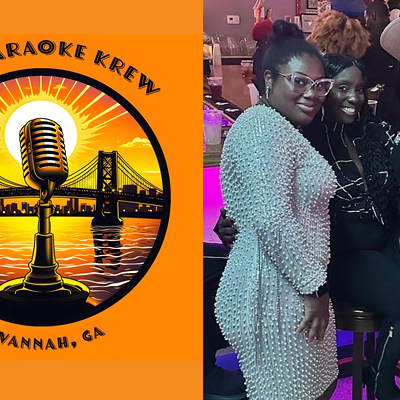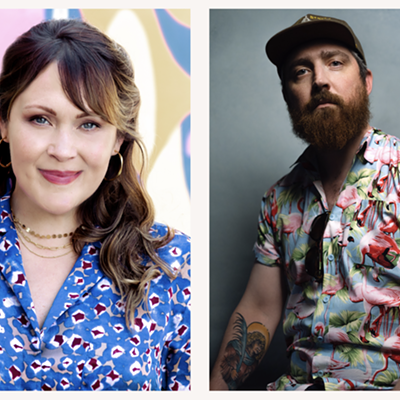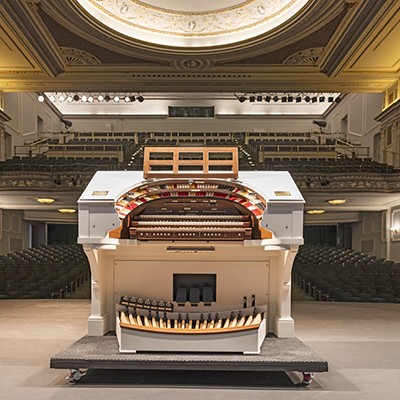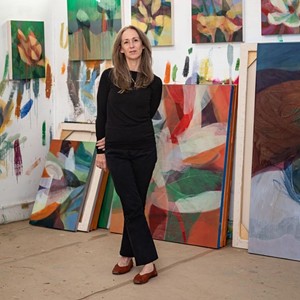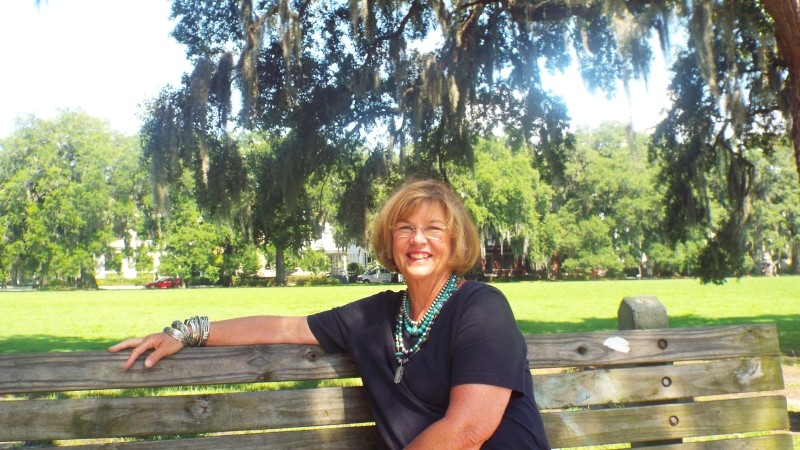
THIS shouldn't surprise anyone, given my profession. But I believe in the power of storytelling. Real live, person-to-person conversation.
Hearing other people tell their life’s stories and asking them questions empowers, refreshes, entertains, moves and frees me.
(I also like telling my own life’s stories. But the only person who seems to have the time to listen goes by “Licensed Clinical Social Worker” and charges $90 per hour.)
No, sitting down and telling stories of any meaning, for any amount of time, without any purpose attached is a snake-handling sect in this digitally-enslaved millennial age.
I follow that sect. So it was only a matter of time before I met and profiled Dottie Kluttz, one of this city’s greatest storytelling advocates.
“The shortest distance between two people is a story,” she says. “It is how we honor our ancestors, pass on wisdom. It is how we link ourselves to one another.”
Kluttz founded the Story Keeping program at Hospice Savannah. Now run by Suzi Barber, it gives dying people a chance to record and pass on their own stories.
And like me, she believes storytelling is in danger. But she’s trying to save it. She and George Dawes Green, founder of The Moth, are two of Savannah’s most outspoken preachers for old-fashioned “front porch” style deep listening.
Their enemies are legion. We absolutely worship text messages, handheld computers and the “cult of busyness.”
But Kluttz is no icon smasher. She wants to incorporate storytelling into our daily lives. She also believes it’s good for business.
“Long before the first product was made, long before the first non-profit was formed, we already had the key to get someone to buy your product, join your organization or give you money,” she says. “And that is one sentence: Hear my story.”
Kluttz coaches executives in “organizational storytelling.” It’s not the same as PR. It’s a type of creativity that challenges conventional management.
“You’re not going to win people with your stats,” she says. “You’re going to win them with your story.”
She calls Powerpoint the “evil of public speaking.” Yet, I participated in a Powerpoint-style storytelling event several years ago. The Japanese style “pecha kucha” movement existed here briefly.
It was followed by the more recent “slideluck” events at the American Legion. All of these (and “story slams”) are examples of how storytelling is evolving.
“Times have changed but people have not,” says Kluttz. “We are still hungry for stories.”
To incorporate storytelling into our daily lives, the Virginia native, nurse and educator suggests starting small and setting limits. Promise people no more than 5 or 10 minutes.
Keep the subject matter loose and free-flowing. She talks most movingly, for example, about the now-vanished memories she’s captured on tape for loved ones: going to school, going to war, first love and other life-changing events.
Does anyone talk like this anymore?
“I’ve gotten to see what America looked like a long time ago,” she says. “I’ve gotten to see how that America came to be this America.”
She’s now documenting stories for Savannah’s Honor Flight program, serving World War II veterans. But the rest of us shouldn’t wait for old age to open our mouths and ears.
“Your story is important,” she says. “When you were born, you were given your own name, your own life story. And it needs to be lived, it needs to be told.”
And I truly believe that telling stories, in person, authentically, can transform our world and deepen our own abilities to think, perceive and create. Like she says, all it take is one sentence: Hear my story.

